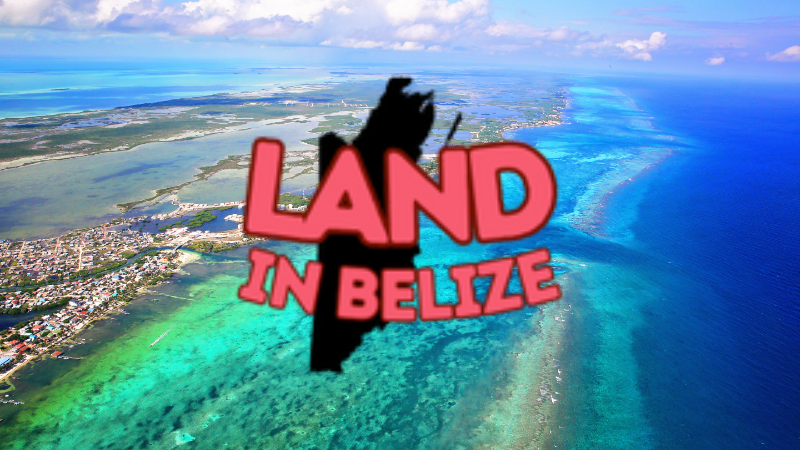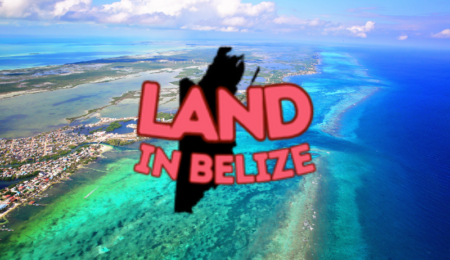Investing in Belizean real estate can be a rewarding experience, offering both financial gains and the opportunity to own a slice of paradise. However, the process can be complex, especially for those unfamiliar with Belize’s legal and economic landscape. This article aims to serve as a comprehensive guide, covering everything from due diligence to closing the deal, to help you navigate Belize’s real estate market successfully.
Due Diligence: The Foundation of a Successful Investment
Due diligence is the cornerstone of any real estate investment, and it’s even more crucial when investing in a foreign country. Here’s what you need to focus on:
- Title Search: Ensure that the property has a clear title, free from any liens or encumbrances. In Belize, land titles are generally reliable, but it’s always best to double-check.
- Zoning and Land Use: Verify the zoning laws related to the property. Whether you’re planning to develop a resort, a residential property, or farmland, the zoning laws could significantly impact your investment. While zoning in many areas of Belize is relaxed, there are still zoning requirements that may need to be considered depending on the type of investment or project.
- Local Regulations: Familiarize yourself with local laws and regulations, including building codes, environmental restrictions, and any potential land use rights or restrictions.
- Physical Inspection: Visit the property to assess its condition. Consider factors like accessibility, proximity to amenities, and the quality of local infrastructure.
Financing Your Investment
While some investors opt for an all-cash purchase, financing is often necessary. Belizean banks do offer loans to foreign investors, but the terms can be less favorable than those in Western countries. Interest rates are generally higher, and loan terms are shorter. Some property owners may offer owner financing, which can be negotiated during the purchase process.
Negotiating the Deal
Once you’ve conducted due diligence and secured financing, the next step is to negotiate the terms of the deal. This includes the purchase price, payment schedule, and any contingencies such as passing a final inspection or securing necessary permits. It’s advisable to work with a local real estate attorney during this phase to ensure that all legal protocols are followed.
Closing the Deal
Closing procedures in Belize are relatively straightforward but do require attention to detail:
- Purchase and Sale Agreement: Both parties sign this document, outlining the terms and conditions of the sale.
- Deposit: A deposit, usually around 10% of the purchase price, is paid to secure the property.
- Final Payment and Title Transfer: Upon meeting all contingencies, the final payment is made, and the title is transferred to the new owner.
- Registration: The new title must be registered with the Belizean government, a process that your attorney or title company can typically handle.
- Taxes and Fees: Finally, be prepared to pay stamp duty, registration fees, and any other applicable taxes. These are generally the responsibility of the buyer, although some costs may be shared with the seller, depending on the terms of the sale.
Conclusion
Investing in Belizean real estate can be a complex but rewarding endeavor. By conducting thorough due diligence, understanding your financing options, negotiating wisely, and following the proper procedures for closing the deal, you can mitigate risks and pave the way for a successful investment in this Caribbean paradise.



Leave a Reply